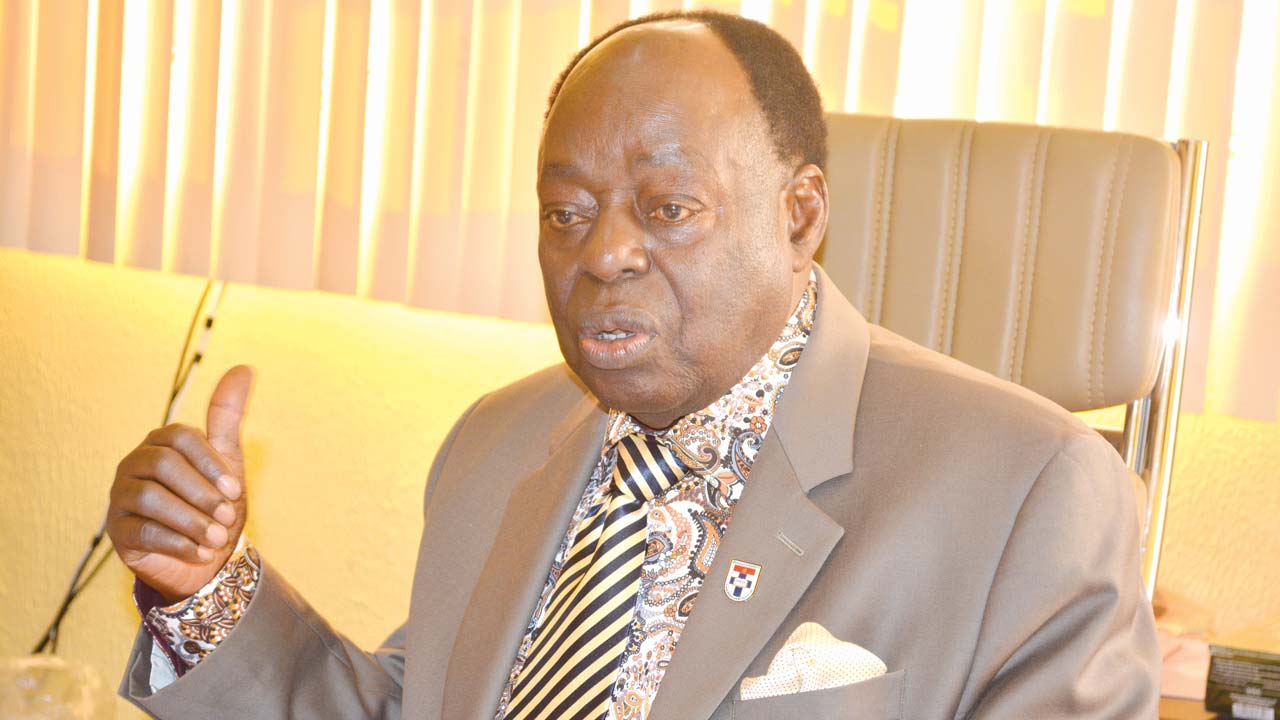Citizenship is more than a legal status. It is a covenant between the individual and the state, a badge of belonging, which is perhaps most visibly represented by the national passport. The passport is therefore not just a travel document; but a badge that signals the trust and reputation a country commands in the world. For Nigerians today, this symbol of citizenship too often represents suspicion, restrictions, and disappointment.
There was a time when it was different. I recall my first trip outside Nigeria in 1981 as a child, traveling to the United States on a Nigerian passport at a time when the naira was stronger than the U.S. dollar. That strength was both economic and a reflection of national pride, confidence, economic potential, and the weight Nigeria carried in international affairs.
For today’s youth, who have never experienced such a Nigeria yet, there is only second-hand nostalgia. This generation has grown up with a currency in freefall, a passport ranked near the bottom of the global index, and a country frequently subjected to humiliating travel bans.
Over the last two decades, Nigerians have faced recurring visa restrictions that underline the erosion of our international standing. Whatever the reasons cited, security risks, irregular migration; the message is clear: Nigerian citizenship is no longer respected as it once was.
Yet dignity abroad begins with dignity at home. A citizen who is constantly harassed by government agencies, extorted on the roads, or disrespected in the marketplace cannot expect respect overseas. Daily indignities weaken national pride before a Nigerian ever crosses a border.
We must also admit to uncomfortable truths. Too often, the behavior of some Nigerian travelers abroad reinforces negative stereotypes: visa overstays, fraudulent activities, and disregard for host country norms. These are not the actions of the majority, but they stain the image of all. At their core, they reflect the erosion of values and civic culture within Nigeria itself.
Yet when given the right environment, Nigerians excel spectacularly. From medicine and engineering to business, academia, international development and entertainment, Nigerians have distinguished themselves globally. It is a striking contradiction: why do Nigerians excel individually on the world stage, yet struggle collectively to build a functioning nation?
One answer lies in our internal divisions. Ethnicity and tribalism continue to limit our progress, diverting energy into competition for power and resources rather than national development. These divides weaken collective trust, distort governance, and perpetuate corruption. They also sap the sense of shared citizenship, reducing the Nigerian identity to a fragile construct that cracks under stress.
Restoring the dignity of Nigerian citizenship will require deliberate actions at home and abroad. The current government has taken some steps, including efforts to curb corruption, promote digital governance, and re-engage international partners, but these are only first steps. Much more is needed if Nigeria is to earn back the respect of its citizens and of the world.
Strengthen Institutions. Nations are judged not only by their leaders but by the strength of the systems that outlast them. Nigeria must re-energise its civil service and introduce performance contracts, digitise judicial case management to curb delays and corruption in the judiciary, and empower anti-corruption agencies to act professionally and independently. Expanding e-governance, whether in land registries, business licensing or other government services will cut out the middlemen who too often turn public service into a private tollgate.
Invest in Human Capital. No country has ever leapt to greatness without investing in its people. Nigeria must prioritise literacy and numeracy in the earliest years of schooling, equip teachers with training and resources, and build a nationwide network of Technical and Vocational Training hubs linked to real industry needs. Agriculture and healthcare deserve renewed attention, while a national programme such as an Apprenticeship Nigeria initiative could connect graduates directly to SMEs and industries, turning idle talent into productive work and hope for the future.
Foster National Cohesion. A country divided against itself cannot stand tall abroad. Nigeria must build an identity greater than tribe or religion. Stronger civic education is important, with curricula that teach history, responsibility, ethics, and shared values. Public officials should model unity, not division or ethnic bigotry. Inclusive governance, interfaith and interethnic dialogue, and renewed investment in shared national symbols can help Nigerians reimagine themselves as one people with a common destiny. Nigerians should also start speaking positively about themselves and the nation.
Rebrand citizenship at home and abroad. Dignity at home is essential. Respect must begin within. Police, Immigration, Customs, EFCC, NDLEA, FRSC and other public-facing officials should be retrained in human rights and service standards, with strict accountability for abuse. If possible, a Proudly Nigerian campaign led jointly by government and the private sector should highlight Nigerian innovation, art, and global achievement to rewrite the Nigerian story locally and internationally. And the diaspora must be seen not as an afterthought but as an engine: a structured platform can channel their expertise and resources into national development, turning brain drain into gain.
Strengthen foreign policy. A proactive and strategic foreign policy is essential to restoring dignity to Nigerian citizenship. The Ministry of Foreign Affairs must be citizen-focused, ensuring that Nigerians abroad are protected and respected. This means establishing consular rapid-response units in key embassies to provide immediate support when citizens face travel or legal challenges.
At the same time, Nigeria must leverage its economic and demographic weight to negotiate fairer visa agreements, stronger trade deals, and partnerships with the rest of the world. Beyond negotiations, Nigeria should actively project its soft power, showcasing national culture, innovation, and the achievements of its people through cultural diplomacy, global scholarships, and visible participation in international forums. A foreign policy that protects its people, builds alliances, and amplifies national pride will signal to the world that Nigeria takes itself seriously and expects the same respect from others.
As we celebrate our 65th independence anniversary, there is hope that Nigeria can be greater than it ever was. We have the demographic weight, natural resources, and intellectual capital to redefine our place in the world. Citizenship must mean something worth defending, and something that commands respect. The Naira may regain strength, the passport may climb in the rankings, but more importantly, the Nigerian must once again walk tall, knowing that the green passport in hand is not a mark of suspicion but of dignity.
The difficult path ahead must begin with all our leaders aligned in vision and integrity, governance anchored in fairness and accountability, and citizens who understand that their behavior reflects not just on themselves but on the entire nation of 200 million plus people.
If we commit to this path, then one day soon, a young Nigerian will present their green passport abroad not with shame or apprehension, but with pride knowing it represents dignity, respect, and our national pride restored.
Awoyinfa is a management consultant and a global leader in international development.






